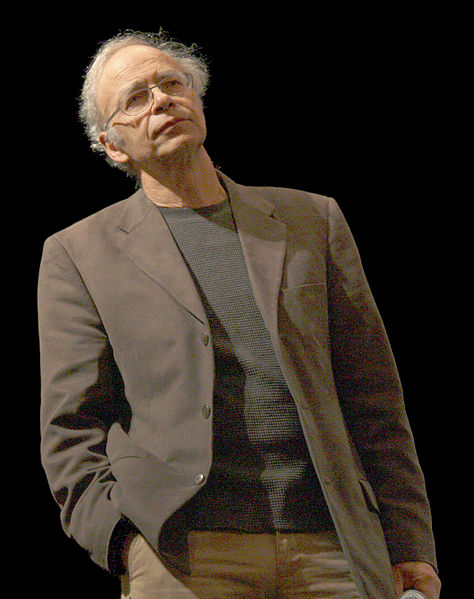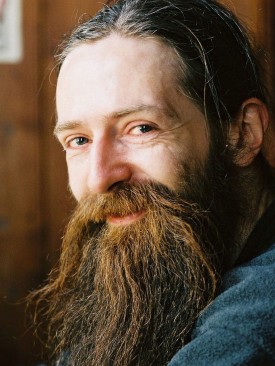Should we live to 1,000?
December 13, 2012

Peter Singer (credit: Bbsrock/Wikimedia Commons)
Aubrey de Grey, Chief Science Officer of SENS Foundation and the world’s most prominent advocate of anti-aging research, argues that it makes no sense to spend the vast majority of our medical resources on trying to combat the diseases of aging without tackling aging itself, writes ethicist Peter Singer on Project Syndicate.
De Grey believes that even modest progress in this area over the coming decade could lead to a dramatic extension of the human lifespan.
All we need to do is reach what he calls “longevity escape velocity” — that is, the point at which we can extend life sufficiently to allow time for further scientific progress to permit additional extensions, and thus further progress and greater longevity.
What most attracts de Grey about this prospect is not living forever, but rather the extension of healthy, youthful life that would come with a degree of control over the process of aging.

Aubrey de Grey (credit: SENS Foundation)
On the other hand, we still need to pose the ethical question: Are we being selfish in seeking to extend our lives so dramatically? And, if we succeed, will the outcome be good for some but unfair to others?
People in rich countries already can expect to live about 30 years longer than people in the poorest countries. If we discover how to slow aging, we might have a world in which the poor majority must face death at a time when members of the rich minority are only one-tenth of the way through their expected lifespans.
That disparity is one reason to believe that overcoming aging will increase the stock of injustice in the world. Another is that if people continue to be born, while others do not die, the planet’s population will increase at an even faster rate than it is now, which will likewise make life for some much worse than it would have been otherwise.
De Grey might be mistaken, but if there is only a small chance that he is right, the huge pay-offs make anti-aging research a better bet than areas of medical research that are currently far better funded.
(More)